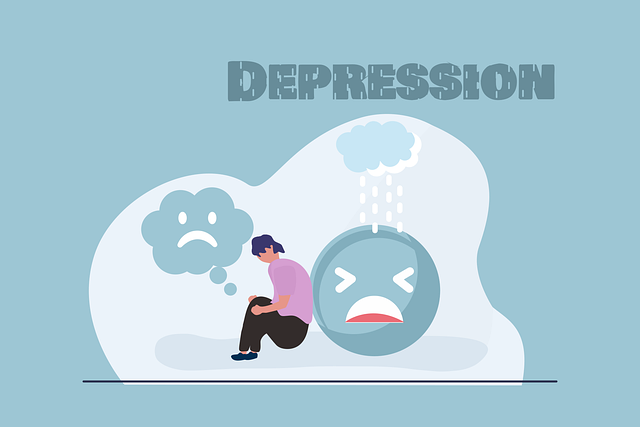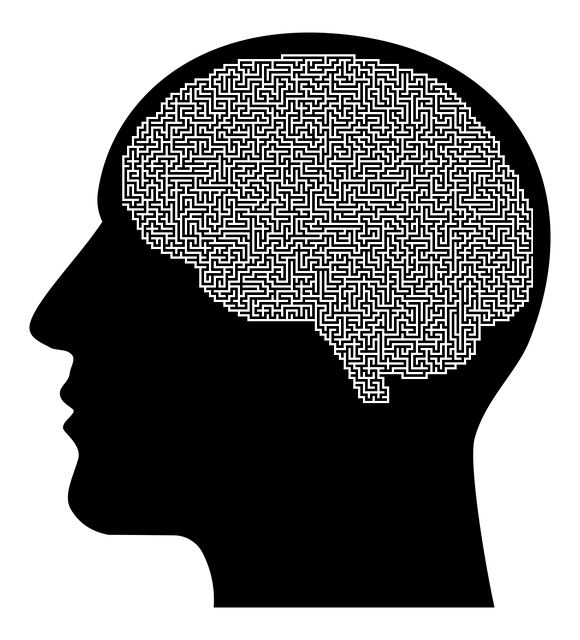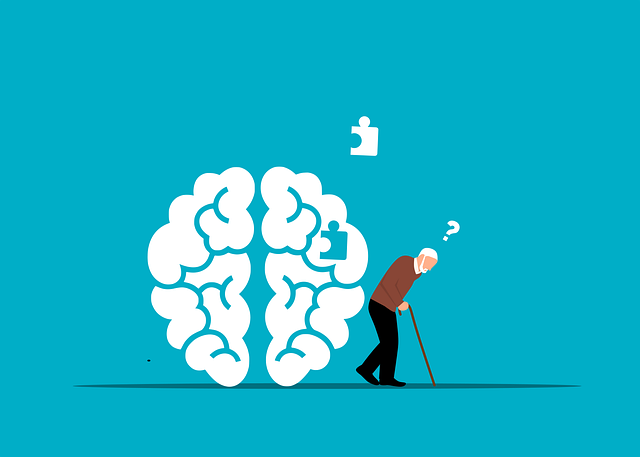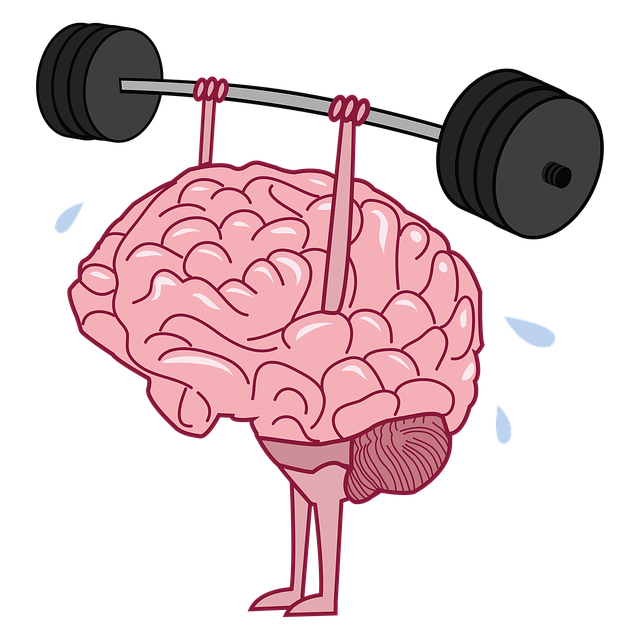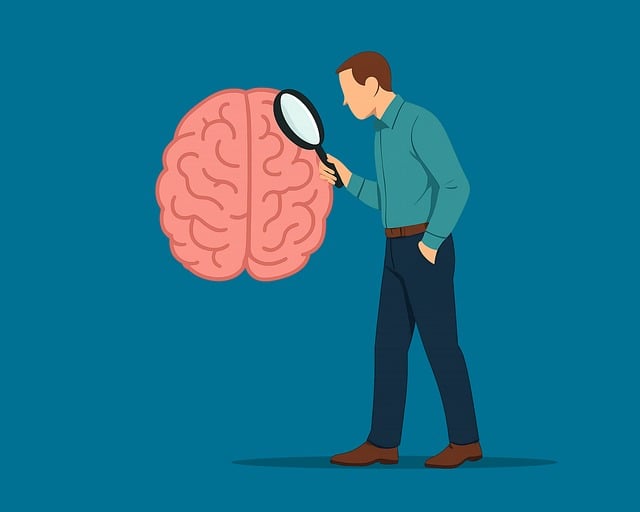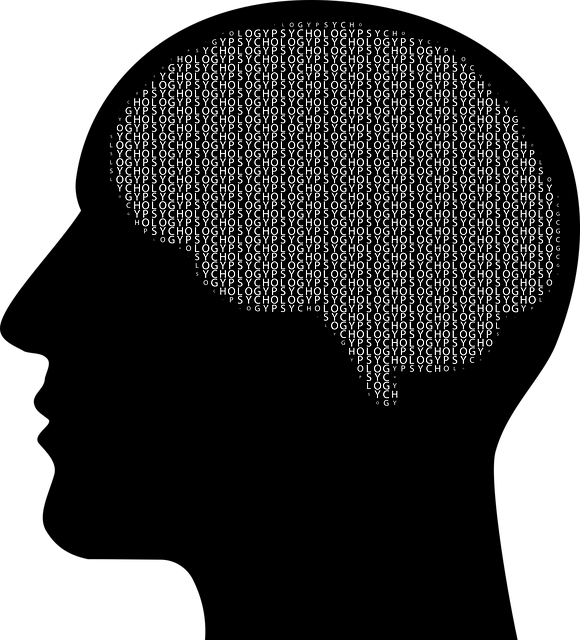In today's diverse society, mental healthcare practitioners must embrace cultural sensitivity to provide effective therapy for chronic pain. Cultural backgrounds significantly shape how individuals perceive and manage their discomfort, with varying beliefs about causation, treatment preferences, and communication styles across cultures. A thorough Mental Health Policy Analysis identifies cultural barriers and develops inclusive public awareness campaigns. By integrating diverse perspectives into pain management strategies, practitioners can create more accessible and culturally competent services, improving patient outcomes, fostering trust, and enhancing mental health awareness. Understanding these cultural differences is vital to addressing ethnic and racial disparities in access to and outcomes of therapy for chronic pain.
In a globalized society, cultural sensitivity is paramount in mental healthcare practice, especially regarding chronic pain management. This article delves into the intricate web of cultural diversity among chronic pain sufferers, exploring how ethnic and racial backgrounds significantly influence their experiences. We discuss strategies for mental health professionals to enhance cultural competency, ensuring effective therapy approaches that respect diverse beliefs and practices. By adapting evidence-based treatments to incorporate cultural contexts, healthcare providers can offer tailored support, ultimately improving outcomes for culturally diverse patients with chronic pain.
- Understanding Cultural Diversity in Chronic Pain Populations
- – Exploring the impact of cultural background on chronic pain experiences
- – Discussing ethnic and racial disparities in healthcare access and treatment outcomes
Understanding Cultural Diversity in Chronic Pain Populations

In today’s diverse society, mental healthcare practitioners must embrace cultural sensitivity to offer effective therapy for chronic pain. Chronic pain is not a singular experience; it intersects with various social and cultural factors that influence how individuals perceive and manage their discomfort. Understanding this diversity is crucial in ensuring equitable access to care. Cultural backgrounds shape beliefs about causation, treatment preferences, and communication styles, all of which impact the patient-therapist relationship. For instance, some cultures may emphasize holistic approaches or traditional healing practices, while others prefer Western medical interventions.
A thorough Mental Health Policy Analysis and Advocacy is essential to identifying cultural barriers in healthcare systems and developing inclusive public awareness campaigns for mental health. By integrating diverse perspectives into pain management strategies, practitioners can create more accessible and culturally competent services. This approach not only improves patient outcomes but also fosters a sense of trust and understanding, ultimately enhancing Mental Health Awareness and the overall well-being of chronic pain sufferers from various cultural backgrounds.
– Exploring the impact of cultural background on chronic pain experiences

Understanding the intricate relationship between cultural background and chronic pain is paramount in mental healthcare. Different cultural groups may have unique perceptions and expressions of pain, influenced by their historical, social, and spiritual contexts. For instance, some communities may attribute chronic pain to supernatural causes or view it as a sign of weakness, significantly impacting how they seek and engage with therapy for chronic pain. These diverse beliefs can shape the type of support services needed, such as trauma support, and influence the therapeutic approaches that resonate best with individual patients.
Community outreach program implementations have proven effective in bridging this cultural gap by fostering understanding and trust between healthcare providers and diverse patient populations. By integrating culturally sensitive practices, mental health professionals can enhance their ability to offer confidence-boosting interventions tailored to each person’s unique experience. This approach not only improves access to therapy for chronic pain but also promotes better outcomes and a more inclusive healthcare environment.
– Discussing ethnic and racial disparities in healthcare access and treatment outcomes

In navigating cultural sensitivity within mental healthcare, it’s crucial to acknowledge and address ethnic and racial disparities that persist in access to care and treatment outcomes. Historically, marginalized communities have faced barriers such as language differences, cultural miscomprehension, and systemic biases, leading to inequalities in services like therapy for chronic pain. These disparities highlight the need for culturally competent practices that respect and incorporate diverse perspectives and healing methods.
Understanding these variations requires a deep exploration of how social determinants of health influence mental well-being. Resilience building and emotional healing processes often require tailored approaches that consider unique cultural contexts, including traditional practices and beliefs. By integrating emotional well-being promotion techniques that are sensitive to these differences, healthcare providers can foster more inclusive environments, enhancing the effectiveness of services like therapy for chronic pain and promoting equitable outcomes.
Cultural sensitivity is paramount in mental healthcare, especially when addressing chronic pain. By understanding the diverse cultural backgrounds of patients and the impact these factors have on their experiences and healthcare access, therapists can provide more effective therapy for chronic pain. Recognizing ethnic and racial disparities and navigating the unique needs of different communities ensures equitable care and better outcomes for all individuals seeking relief from chronic pain.
